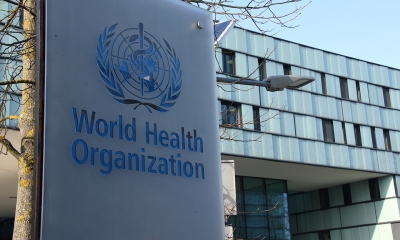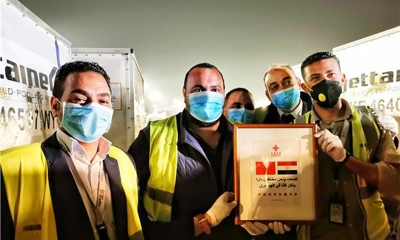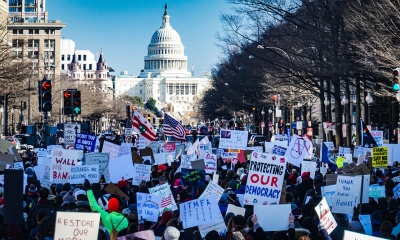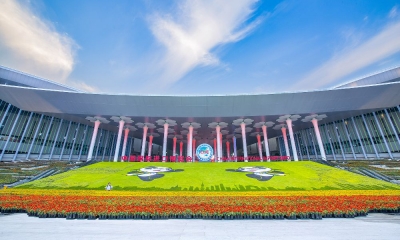China-Africa Cooperation Cements South-South Solidarity
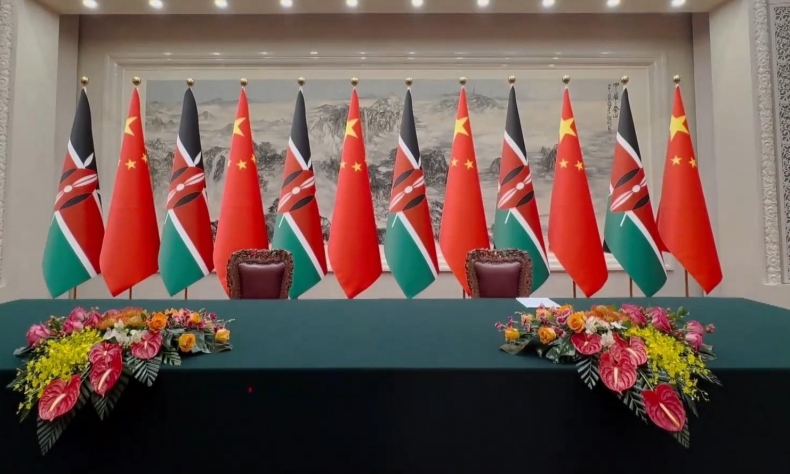
Maintaining free trade in the face of rising U.S. unilateral tariffs is a pressing concern for the global economy, particularly for countries in the Global South and emerging markets.
In his state visit to China, Kenyan President William Ruto expressed his aspiration to build more important projects in his country through cooperation with China and noted that the Chinese-assisted projects in Kenya have made Kenya more attractive to investment than ever before. Ruto also stated that, with China’s help, he looks forward to investing in renewable and clean energy in the future, seeking to capitalize on China’s significant potential in this field.
Both China and Kenya seek to maintain the global multilateral trading system and the stability of supply chains. And the two sides believe that coordination among countries is essential to demonstrate unity and solidarity in the face of U.S. trade bully and tariff war.
China-Africa cooperation is mutually beneficial
China-Africa cooperation, particularly in trade and economic development, has become a cornerstone of South-South cooperation, providing valuable opportunities for both sides.
China has become Africa’s largest trading partner, surpassing the United States and the European Union. This relationship opens new markets for African raw materials, agriculture, and manufactured goods. It also helps African economies diversify away from traditional trade dependencies dating back to the colonial era and promotes industrialization through special economic zones and Chinese investment in the manufacturing sector. Examples include the Huajian Shoe Factory in Ethiopia and the Lekki Free Trade Zone in Nigeria, two Chinese-backed projects that contribute to job creation and local production boost.
The Belt and Road Initiative (BRI) and the Forum on China-Africa Cooperation (FOCAC) have enabled large-scale investments in roads and railways (such as the Mombasa-Nairobi Standard Gauge Railway in Kenya), energy (hydropower plants and solar farms), and digital infrastructure (such as Huawei and ZTE’s involvement in telecommunications projects). These investments lower business cost, improve connectivity, and support regional trade integration.
However, despite trade growth, a significant imbalance remains: Africa primarily exports raw materials, while China exports finished goods. In fact, Africa has similar situations with its major trading partners. Cooperation between China and African countries encourages moving up the value chain (such as cocoa processing rather than exporting raw beans). Joint ventures and capacity building support industrialization in the African continent. Initiatives such as “Made in Africa” aim to reverse this imbalance by creating value-added production centers, helping African countries develop more advanced technologies, get skilled professionals, and create larger markets.
Sino-African economic cooperation often includes training programs for African entrepreneurs and government officials, scholarships for African students at Chinese universities, and joint research and technology transfer in agriculture, medicine and renewable energy. This strengthens Africa’s human capital base, making it more globally competitive.
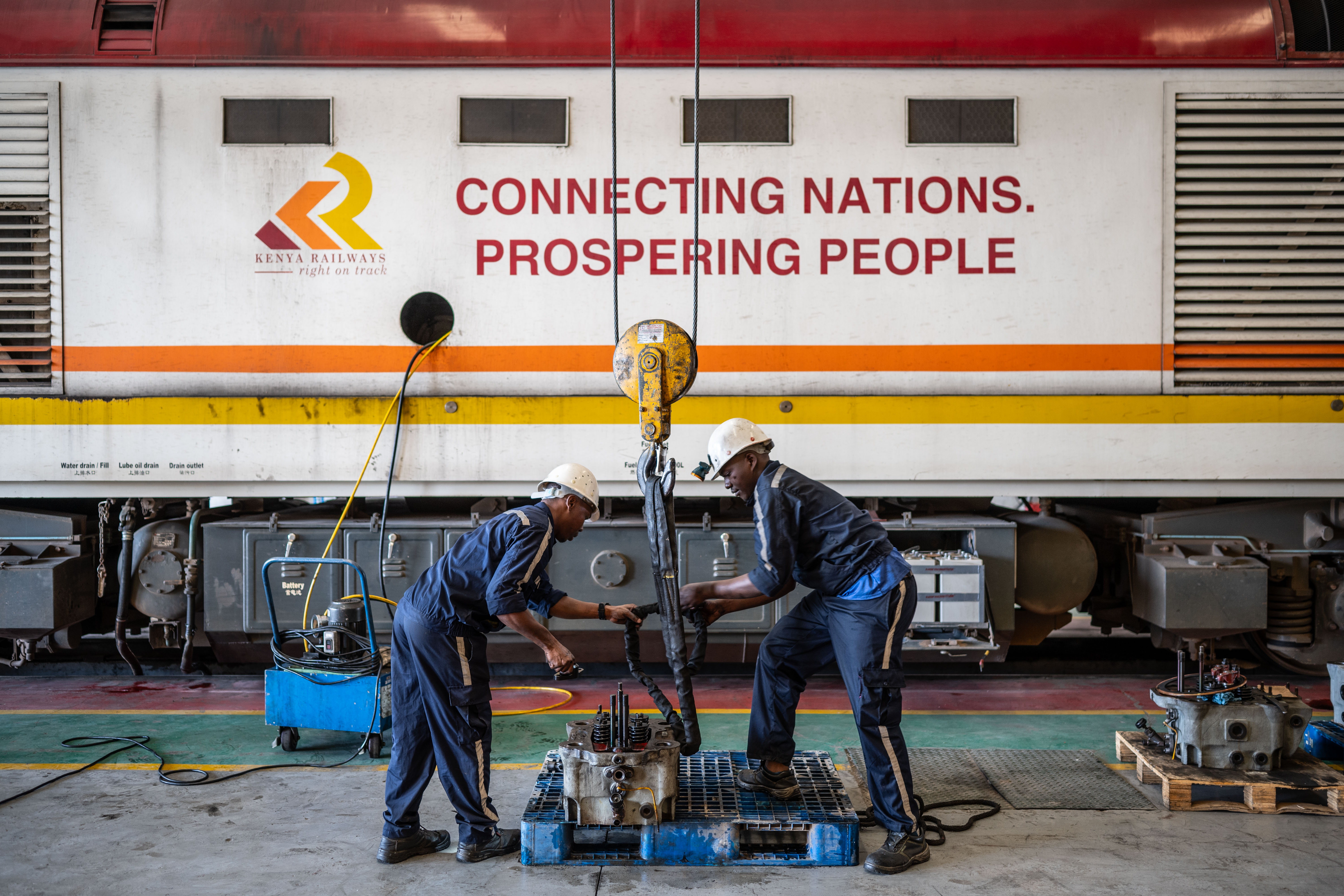
Besides, China also provides financial support and development financing. Through institutions such as the China Development Bank and the Asian Infrastructure Investment Bank (AIIB), BRI countries receive low-interest loans and alternatives for project financing. The Diamniadio Industrial Park in Senegal, the Lekki Free Trade Zone in Nigeria, and the China-Egypt TEDA Suez Economic and Trade Cooperation Zone have attracted rapid investment into African countries. These zones have helped build industrial clusters and boost manufacturing in Africa, contributing to the acceleration of local industrialization.
Under the framework of FOCAC, China has consistently provided financial investments to Africa, surging by more than 100 times from 2000 to 2017. China has decided to grant zero-tariff treatment for 100 percent tariff lines to all least developed countries having diplomatic relations with China, including 33 countries in Africa, thus becoming the first major developing country and the first major economy to take such a significant measure. Furthermore, China has pledged to work with Africa to implement 10 partnership action plans in the next three years to jointly advance modernization during the 2024 Summit of FOCAC.
China-Africa trade relations symbolize a shift in global power – from aid-based relationships between North and South to mutually beneficial partnerships among developing countries. In the international arena, China and African countries often coordinate their positions on trade rules, climate, and development goals.
China-Africa economic and trade cooperation is not limited to trade alone; it also encompasses building resilient partnerships, enhancing influence in global affairs, and establishing a more equitable international order. This cooperation represents a dynamic and evolving relationship that redefines common development.
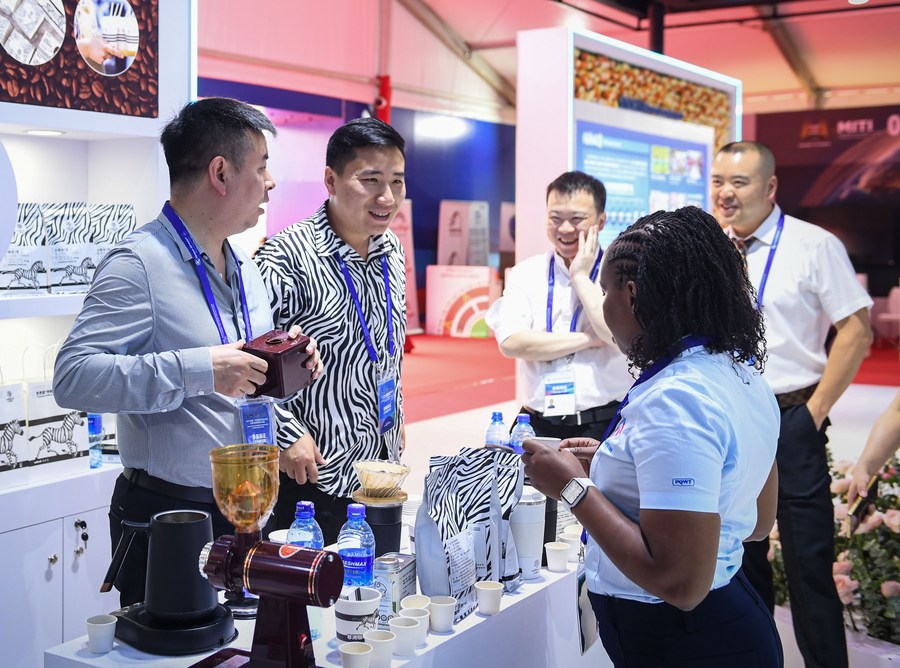
Upholding free trade in face of tariff war
Maintaining free trade in the face of rising U.S. unilateral tariffs is a pressing concern for the global economy, particularly for countries in the Global South and emerging markets.
To reduce dependence on the U.S. market, countries can shift toward trade among countries in the Global South by leveraging platforms such as the Forum on China-Africa Cooperation, the African Continental Free Trade Area, and the Belt and Road Initiative. For example, African countries increasing their exports to China (agriculture and textiles) helps offset losses caused by U.S. market volatility.
African nations and other Global South countries should stand together and respond collectively to the trade wars the U.S. is waging against the world. Countries can recommit to the World Trade Organization (WTO), support reforms that make it more responsive to the needs of developing countries, and use alliances within the WTO to counter protectionist policies and promote fair trade rules. China’s strong public support for multilateralism gives smaller countries a powerful ally in resisting unilateral tariffs.
While the U.S. tariff hike signals a retreat from global free trade leadership, it also opens the door to new alliances, innovative diplomacy, and strategic partnerships, particularly within the Global South.
By cooperating through mechanisms such as the Forum on China-Africa Cooperation and the Belt and Road Initiative, and by aligning with regional and multilateral trade platforms, the developing countries can help uphold global free trade, and even upgrade it on more inclusive terms.
The article reflects the author’s opinions, and not necessarily the views of China Focus.
 Facebook
Facebook
 Twitter
Twitter
 Linkedin
Linkedin
 Google +
Google +




